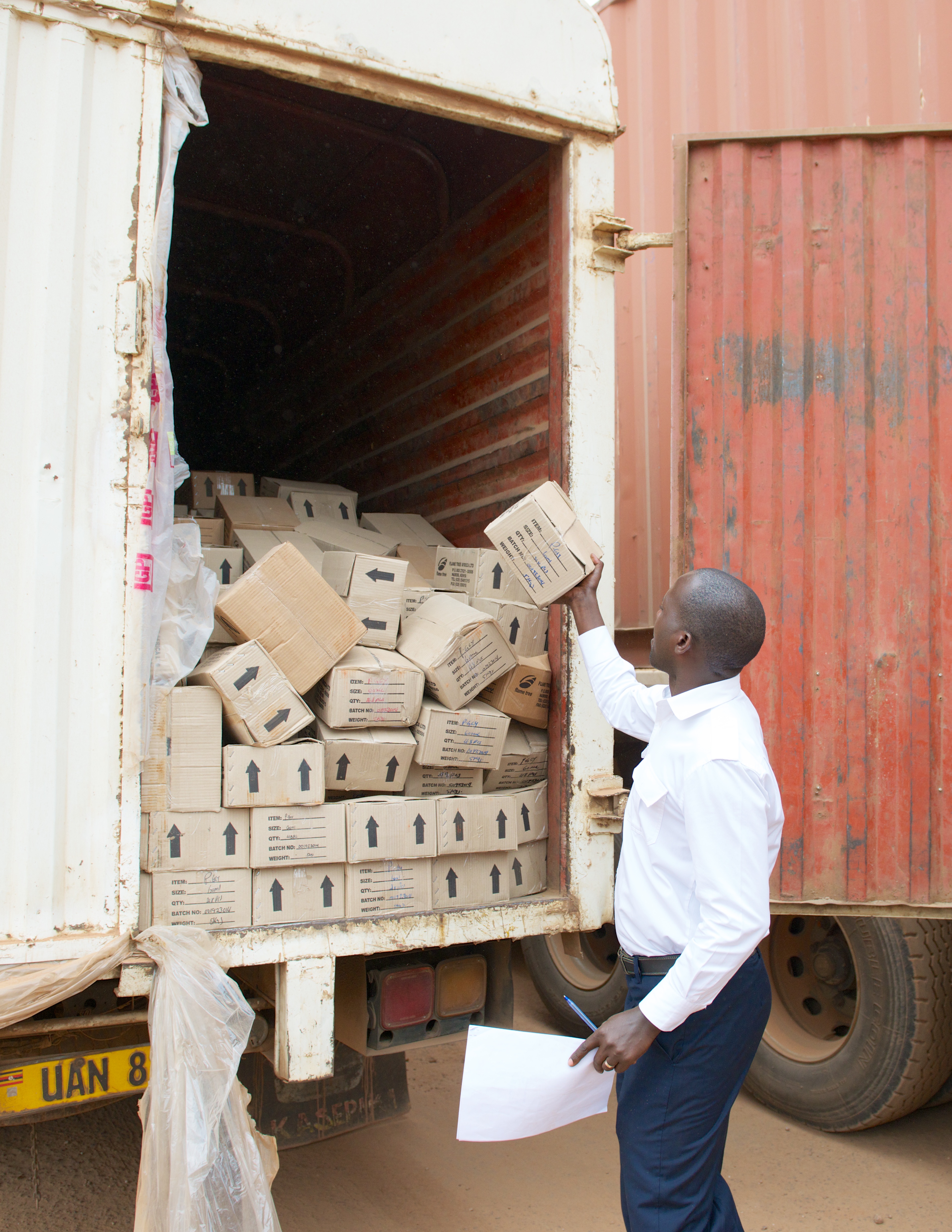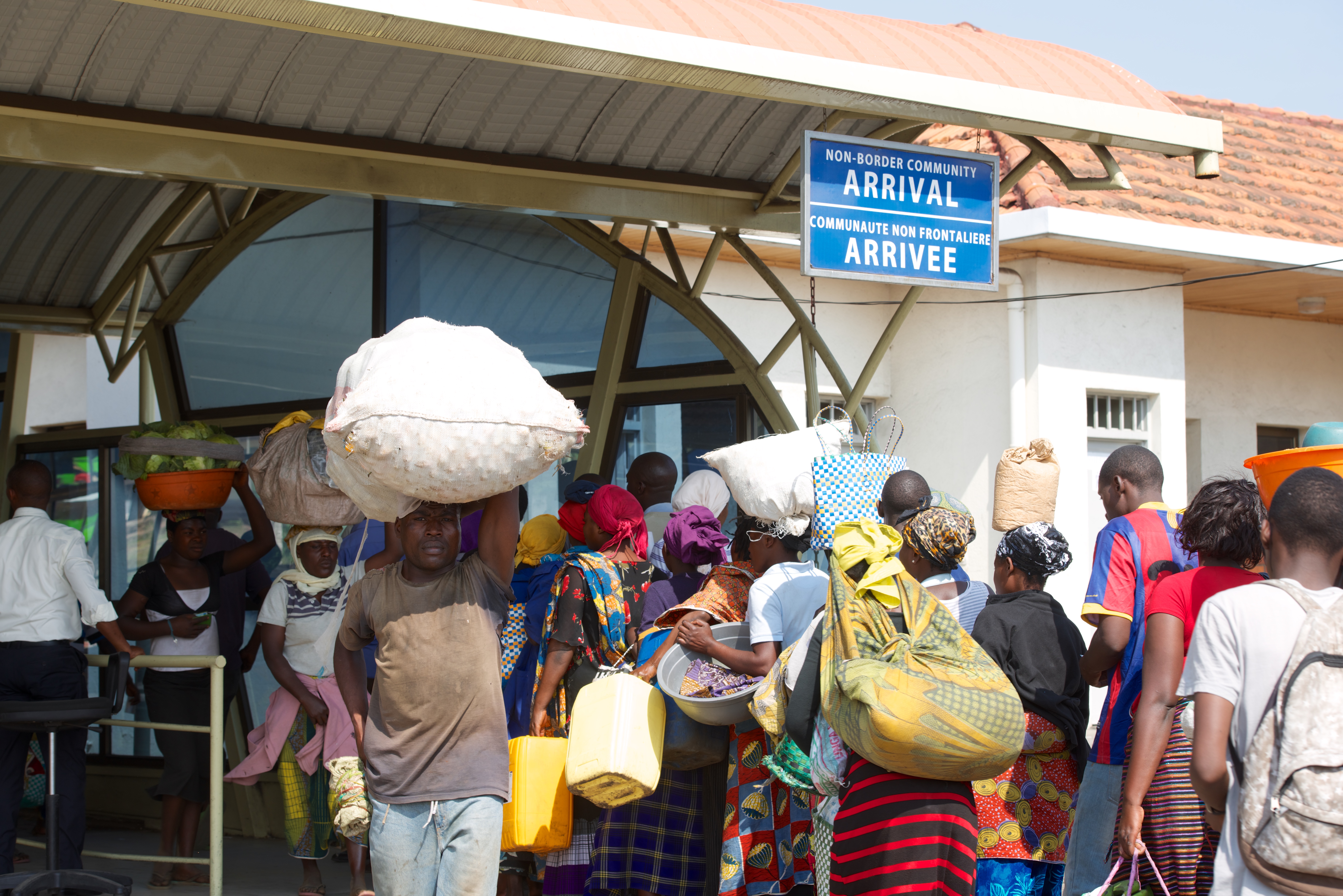[vc_row][vc_column][vc_custom_heading text="BACKGROUND" font_container="tag:h3|text_align:left"][vc_column_text]Improving the export market access and linkages of firms to export is a critical focus of many businesses in the EAC. Private enterprises in the EAC face a wide range of challenges that make trading across borders difficult and reduce the competitiveness of firms. However, when there are reduced challenges in exporting this provides an opportunity for firms to increase profit and then re-invest to increase sales, turnover and productivity. Additionally, it increases the competitiveness of domestic firms, at least in the long run, as they become more exposed to dynamic and growing markets. With time this creates an enabling trade regime that helps increase the volume of imports and exports and subsequently contributes to economic growth and poverty reduction. The TMA Traidlinks supported (Export Development) programme worked with 16 Rwandan companies so as to link them to the markets outside Rwanda. The core business of these companies was agro-processing and manufacturing. One of the successful companies that were supported by the programme was G-Mart Limited who are located in Rwanda-Kigali. The programme was implemented in partnership with, Rwanda Development Board, Kigali Independent University and the relevant private sector stakeholders and the overall programme budget was estimated at about US$ 1.4million from 2013 to 2015. This case study profiles G-Mart Limited, a company that was supported by the programme. G-Mart manufactures chalk and was originally selling locally only in Rwanda but started exporting as a result of the TMA programme intervention.[/vc_column_text][/vc_column][/vc_row][vc_row][vc_column][vc_custom_heading text="ISSUE ADDRESSED" font_container="tag:h3|text_align:left"][vc_column_text]Export promotion programmes is one...
Empowering Rwanda Manufacturers and Promoting Export Growth
Posted on: August 20, 2019
Posted on: August 20, 2019

















